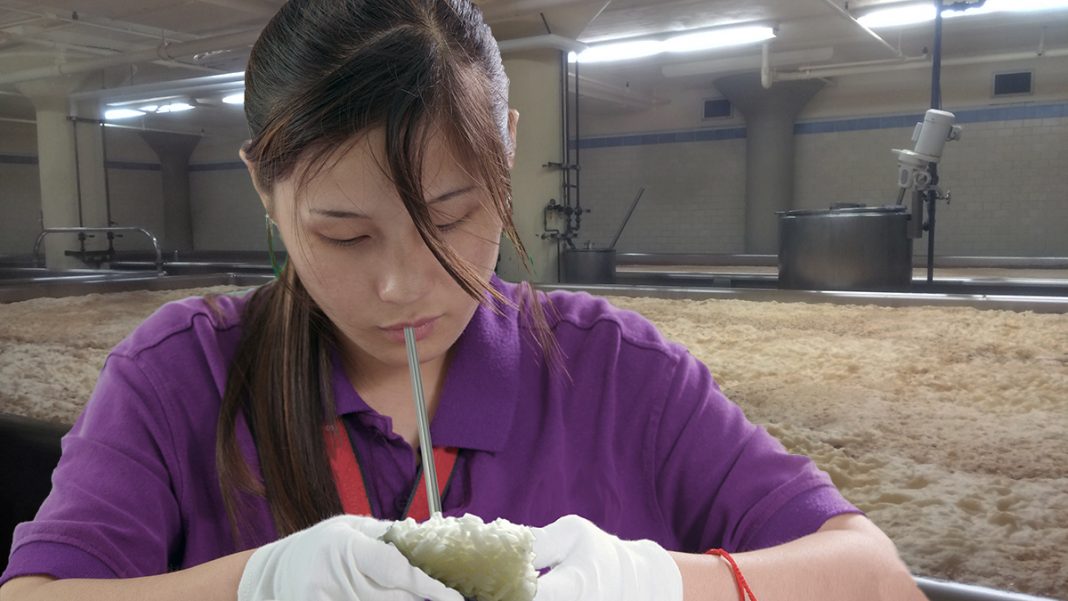Shenzhen, China — International labor rights advocates are calling for extensive changes in puffed rice production after an inside investigation by PBS’s Frontline reveals appalling and perhaps illegal working conditions inside one of China’s largest puffed rice factories. According to a United Nations International Labour Organization report, who worked with producers at Frontline, conditions inside several of China’s puffed rice factories are “deplorable.”
“After a 15-month undercover investigation by the ILO, we found many rice factories that violate United Nations labor practices,” said Guy Ryder, the International Labour Organization’s director-general speaking from Geneva, Switzerland. “Many production facilities have switched to automated processes for puffing rice. However, many use slave labor, often working 16 hours a day without a break to inflate individual rice kernels. We’re calling on the United Nations to pressure China to stop these horrific working conditions.”
Puffed rice is a puffed grain made from rice, commonly used in breakfast cereal or snack foods, and served as a popular street food in India and Chico, California. It is usually made by heating rice kernels under high pressure in the presence of steam, though the method of manufacture varies widely. However, poorer countries lack the financial capital for equipment and rely solely on human labor “heat,” often in terrible working conditions.
According to the report compiled by the Palo Alto, CA-based Rundex Family Foundation, of the 93 puffed rice factories visited by the ILO and the Frontline investigative team, 26 had working conditions comparable to an “underfunded dog kennel.”
“Well, the data doesn’t lie,” said Rundex lead researcher Robert Colvin speaking from his home office in Mountain View, CA. “These ILO folks put their lives on the line to help improve these deplorable working conditions. I mean, the suicide rates are off the charts. One manufacturer, China Mengniu Company Limited, actually installed nets around their buildings to catch people jumping off the roofs. According to their data, the nets have saved over 42 lives.”
The findings in the report are skeptical that the Chinese government will do little or nothing to improve working conditions in puffed rice factories. So to that end, it recommends an international effort to replace “human labor with automated solutions” to prevent “unnecessary loss of life.”
“Because the demand for puffed rice is increasing,” continued director-general Ryder, “this issue is not going away anytime soon. Consumers want cheap rice. So the only alternative is to replace the human workforce with machines. This is how it’s already done in the rest of the world, notably India and Chico, California.”
The PBS Frontline special “Deadly Harvest: A Puffed Crisis” is expected to run later this summer.






